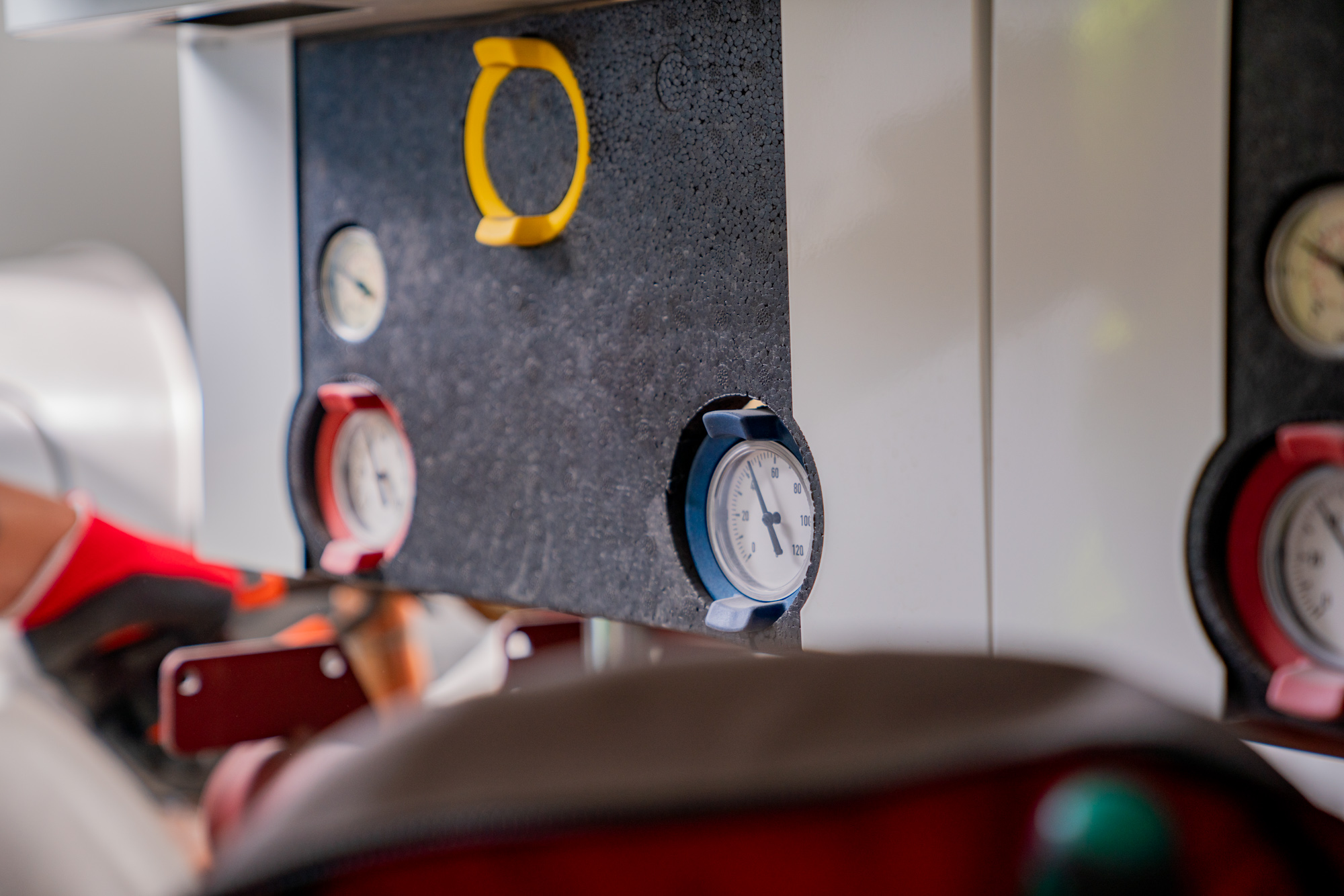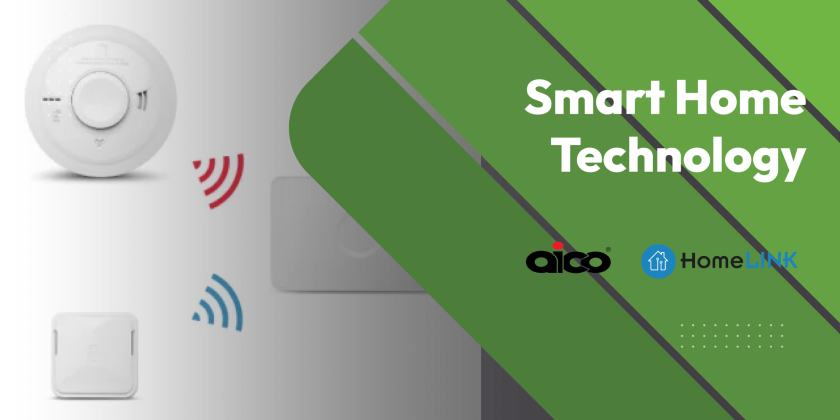The Boiler Upgrade Scheme is a great opportunity for homeowners to improve their property’s energy efficiency while reducing their carbon footprint and energy bills. Our guide will give you a better understanding of the scheme and help you decide whether it’s right for you.
Introduction to the Boiler Upgrade Scheme
What is the Boiler Upgrade Scheme?
The Boiler Upgrade Scheme (BUS) is a government initiative aimed at promoting the transition to low-carbon heating systems in homes. It provides financial incentives to encourage property owners to replace outdated, inefficient boilers with modern, eco-friendly alternatives such as:
- biomass boilers
- heat pumps
- solar thermal systems
The scheme is part of a broader strategy to tackle climate change and supports the governments commitment to achieving net-zero carbon emissions by 2050. It aims to reduce the reliance on fossil fuels for domestic heating and move towards more sustainable energy sources. The BUS is designed to make energy-efficient home heating more accessible and affordable.
For homeowners, the scheme helps to modernise heating systems, cut energy bills, and contribute positively to the environment.
Key Benefits of the Boiler Upgrade Scheme
The Boiler Upgrade Scheme offers several advantages. It’s not just about replacing a boiler. Homeowners benefit financially from reduced energy bills due to the higher efficiency of newer heating technologies. This can be a significant saving over time.
Secondly, participants contribute to the reduction of the UK’s carbon emissions, aligning with national environmental goals.
Thirdly, there is the added comfort and reliability that comes from modern heating systems, which often include smart controls for better temperature management.
Additionally, the scheme encourages job growth in the green energy sector and stimulates advancements in low-carbon technologies.
Together, these benefits underline the importance of the Boiler Upgrade Scheme. It’s not just a financial incentive, but a step towards more sustainable and eco-conscious living.
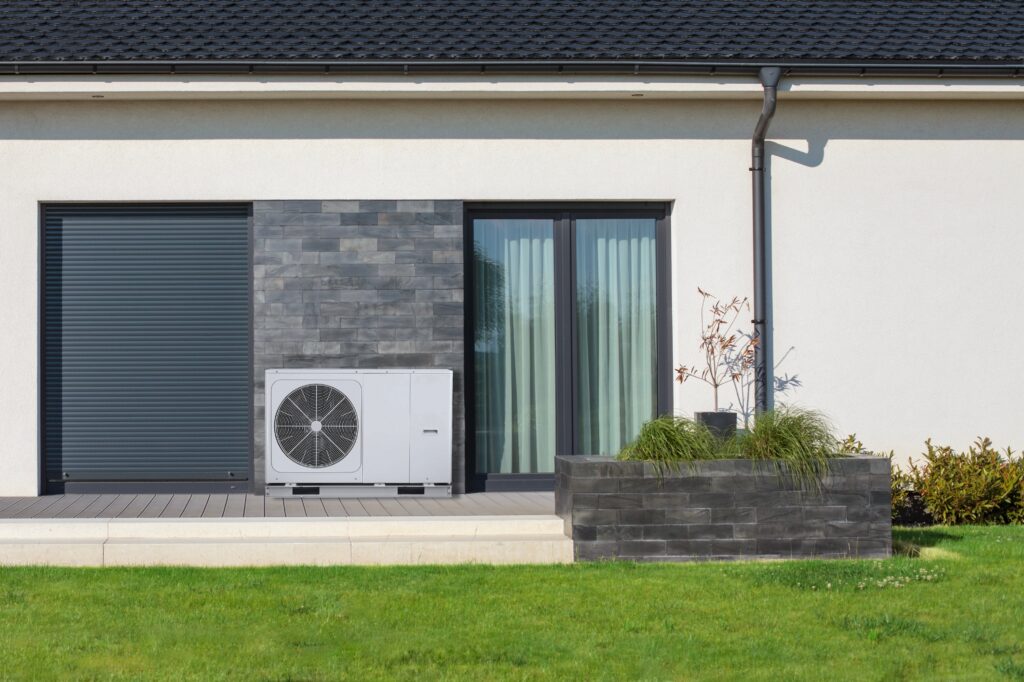
Why is The Boiler Upgrade Scheme necessary?
Heating homes traditionally relies heavily on gas and oil boilers, which are big contributors to carbon emissions. The government recognises the need to cut these emissions to meet the net-zero target by 2050.
The scheme helps accelerate the adoption of cleaner, more efficient heating solutions that would otherwise be expensive for many homeowners. By providing financial help, the barriers to adopting green technology are lowered.
Furthermore, it raises awareness about the impact of domestic heating on the environment and encourages a shift in consumer behaviour towards energy conservation and sustainability.
What the Boiler Upgrade Scheme Offers
| Grant Option | Details |
|---|---|
| Air Source Heat Pump | £7,500 towards an air source heat pump |
| Ground Source Heat Pump | £7,500 towards a ground source heat pump (including water source heat pumps and those on shared ground loops) |
| Biomass Boiler | £5,000 towards a biomass boiler |
| Hybrid Heat Pump System | Not eligible for grants (e.g., combination of gas boiler and air source heat pump) |
| System Requirements | The system must meet certain standards, such as minimum efficiency levels. Maximum capacity: 45kWth for individual systems and 300kWth for shared ground loops. |
| Additional Information | You cannot get a grant to replace a low carbon heating system. |
In-Depth Look at the Boiler Upgrade Process
Steps Involved in the Boiler Upgrade
The process of upgrading a boiler through the Boiler Upgrade Scheme involves several steps. First, you must see if you are eligible. This involves an assessment of your current heating system and energy usage.
Once eligible, getting quotes from certified installers and finding a suitable eco-friendly heating system come next.
The financial incentives available are usually claimed by the installer for you. After installation, quality checks ensure your new system meets all required standards. Throughout the process, your installer will provide you with support and expertise to ensure the upgrade is as efficient and beneficial as possible.
Boiler Upgrade Scheme Eligibility Criteria
| Eligibility Criteria | Details |
|---|---|
| General Eligibility | You must own the property (includes businesses, second homes, rental properties) and be replacing fossil fuel heating systems (oil, gas, electric, LPG). |
| Previous Funding | Still eligible if you've had funding for property energy efficiency improvements. |
| Installer Requirements | Installer must commission and install the heat pump within 120 days of grant application. |
| Property Eligibility | Must have a valid Energy Performance Certificate (EPC) valid for 10 years. Consult an MCS certified installer if unsure about property suitability. |
| Biomass Boilers | Eligible if property is off the gas grid, in a rural location, and the boiler has an emissions certificate. Not eligible for self-build properties. |
| Ineligible Properties | Most new builds, social housing, properties already funded for heat pump or biomass boiler are not eligible. |
| New Build Properties | Eligible only if the finished new build has a fossil fuel boiler and is not still under construction by the developer. |
| Self Build Properties | Eligible if built by you or for you, never owned by a business or organisation. Proof such as title deeds is required. |
Understanding the Technical Aspects
Modern heating systems, such as heat pumps and biomass boilers, work differently to traditional gas boilers. They are designed to work more efficiently at lower temperatures and often use smart technology for better control and energy management.
Understanding how the design and installation fit together should be explained to you. A good installer will simplify these technical details for you so you understand the functionality and benefits of your new heating systems.
The Role of the Installer in the Upgrade
Your installer plays a pivotal role in the success of your boiler upgrade. A certified installer not only carries out the physical installation but also provides you with expert guidance throughout the process.
Starting with a thorough assessment of your property, they will then recommend the best heating solution. During installation, they will ensure your system is compliant with safety standards and regulations. Post-installation, the installer conducts rigorous testing and provide you with all the information you need to get the most out of your new heating system.
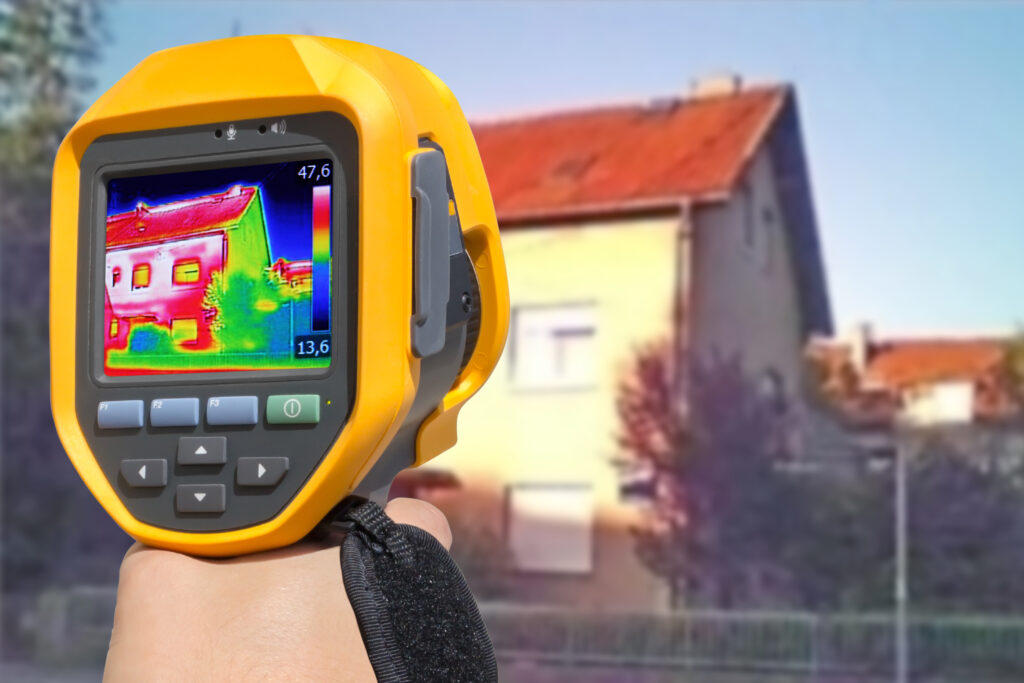
Exploring the Benefits and Impact of Boiler Upgrades
Energy Efficiency and Cost Savings
Upgrading to a modern, eco-friendly heating system can significantly reduce the amount of energy needed to heat a home, which means lower energy bills.
Newer systems are designed to convert a higher percentage of energy into heat, ensuring minimal waste. For example, heat pumps have an efficiency rate of around 300-400%, meaning they produce three to four times the energy they consume.
Over time, the initial investment in a high-efficiency boiler and heat pump should be offset by the reduction in energy costs. Additionally, as energy prices continue to rise, the savings potential increases.
Lower Carbon Emissions and Environmental Impact
The transition to low-carbon heating systems significantly contributes to reducing the environmental impact of domestic energy use. By replacing old, inefficient boilers with modern alternatives that use renewable energy sources or operate at higher efficiencies, you can drastically cut your carbon emissions.
This is a main government strategy to combat climate change and move towards a more sustainable future. The combined effect of thousands of upgrades across many homes can lead to a big drop in the nation’s overall carbon footprint.
Every home participating in the boiler upgrade scheme plays a small part in the global effort to preserve the environment for future generations.
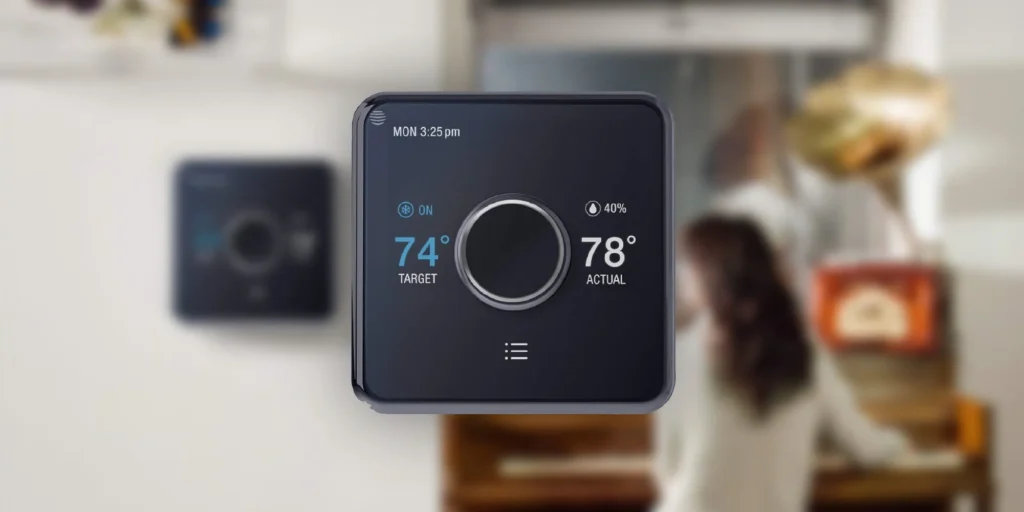
Concluding Thoughts on the Boiler Upgrade Scheme
Boiler Upgrade Scheme: A Necessity for Modern Homes
The Boiler Upgrade Scheme takes a step towards a more sustainable and energy-efficient future. As climate change becomes an increasingly pressing issue, homeowners can help themselves and the environment.
The scheme is a shift in how domestic energy needs are met, moving away from using fossil fuel fuels to cleaner, renewable sources. The governmental incentive is a catalyst for change, encouraging individuals to take responsibility for their carbon footprint.
The Boiler Upgrade Scheme is more than just an upgrade for individual homes; it’s an upgrade for society, laying the foundation for a greener, more sustainable way of living.
Lasting Impact and Future Trends in Boiler Upgrades
The Boiler Upgrade Scheme is set to leave a lasting impact on the UK’s approach to domestic heating, with future trends likely to reinforce the move towards sustainability.
As technology advances, expect more efficient and environmentally friendly heating solutions emerging. The focus will likely shift towards integrating smart home technology with heating systems for more precise control and better energy savings.
Moreover, the growing public awareness of funding schemes, environmental issues and having friends and family who have had work done will continue to drive demand for green solutions in the home.
The enduring effect of the Boiler Upgrade Scheme, combined with the proactive stance of companies like Eco Approach, promises a future where eco-friendly heating is the standard in every home.
How to apply
| Steps | Details |
|---|---|
| 1. Contact Installers | Contact suitable MCS certified installers to get quotes for the work. |
| 2. Confirm Eligibility | Confirm you’re eligible (your installer will tell you). |
| 3. Agree on a Quote | Agree a quote with your chosen installer. |
| 4. Installer Applies | The installer will apply on your behalf on the Ofgem website. |
| 5. Grant Deduction | The value of the grant will be taken off the amount you pay for the installation. |
| 6. Ofgem Confirmation | Ofgem will contact you to confirm that the installer is acting on your behalf. They might also contact you by phone or visit your property to check the installation. |
| 7. MCS Checks | MCS might contact you to carry out their own checks. |
